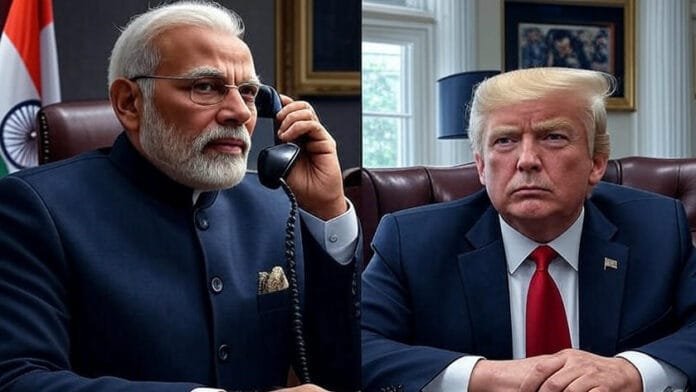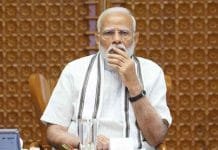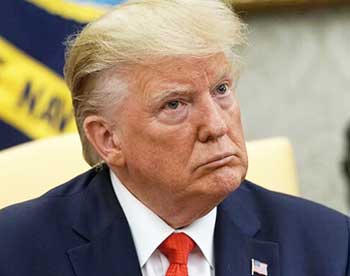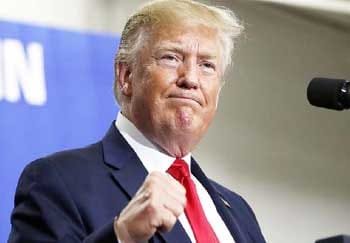INVC NEWS
New Delhi, India — In a major diplomatic development, Prime Minister Narendra Modi and US President Donald Trump held a 35-minute high-level phone conversation that has captured the attention of global observers. During this call, Trump officially accepted Modi’s personal invitation to attend the upcoming QUAD summit in India, signaling a renewed boost in India-US strategic ties.
Modi Declines US Visit, Cites Packed Schedule
Sources from the Indian Foreign Ministry confirmed that President Trump initially extended an invitation for PM Modi to visit the United States, a gesture intended to reaffirm deep bilateral trust. However, due to time constraints and prior commitments, Modi respectfully declined.
Foreign Secretary Vikram Misri later clarified in a media briefing:
“The Prime Minister deeply appreciated the gesture but explained his current schedule does not allow for overseas travel at this time.”
Instead, Modi invited Trump to visit India for the QUAD dialogue, an invitation which Trump enthusiastically accepted, stating he was “eager to return to India” and continue building on their shared strategic goals.
Operation Sindoor: A Direct Message on Terrorism
During the phone call, PM Modi provided Trump with detailed briefings on Operation Sindoor, India’s latest counter-terrorism offensive targeting militant bases in Pakistan. The Indian PM conveyed India’s evolving defense doctrine, stressing that:
“Terrorism is no longer viewed as a proxy threat — it will be dealt with as an act of war.”
This bold statement came in the wake of India’s recent precision strikes on terrorist hideouts inside Pakistani territory, reportedly causing significant damage to Pakistan’s military infrastructure and airbases.
Modi made it clear to Trump that nations aiding terrorism would face serious consequences, and India would respond with full force to any provocation.
India Rejects Any Third-Party Mediation
Addressing speculation around international involvement in Indo-Pak affairs, Foreign Secretary Misri underlined a key diplomatic stance:
“There was absolutely no discussion regarding trade issues or mediation during the call.”
PM Modi reiterated that India has never accepted third-party mediation in matters related to Pakistan and has no intention of doing so in the future. The tone of the call, officials said, was decisive and focused, emphasizing India’s sovereignty and commitment to self-defense.
Pakistan Pressured to Stand Down
PM Modi informed Trump that India’s firm military response had forced Pakistan to retreat, especially after the destruction of key Pakistani airfields and command posts. Modi said that Pakistan was left with no choice but to request de-escalation, marking a significant shift in the power dynamic following India’s bold retaliation.
Analysts believe this communication may have influenced the US to lean closer to India’s position on cross-border terrorism, solidifying strategic and defense cooperation between the two democracies.
What This Means for QUAD and Indo-Pacific Strategy
Trump’s acceptance of the invitation to India for the next QUAD summit is likely to send a strong message to China and Pakistan. His presence could reinforce the Indo-Pacific security alliance involving India, the US, Japan, and Australia — a counterweight to Chinese aggression in the region.
Strategic affairs experts suggest Trump’s visit could also include bilateral defense pacts, joint naval drills, and new arms deals, pushing forward a US-India defense corridor in the Indo-Pacific.
India’s Stronger Global Voice
PM Modi’s phone call with Trump shows a confident and assertive India, no longer hesitant to take bold stances on global platforms. By taking the terrorism fight beyond diplomacy and into battlefield readiness, Modi has drawn clear red lines — signaling that India will strike first if provoked.
This approach is earning global recognition, with many nations now aligning with India’s zero-tolerance policy on terrorism. It also signals a shift in regional power, where India is emerging as a decisive leader in South Asia.
















